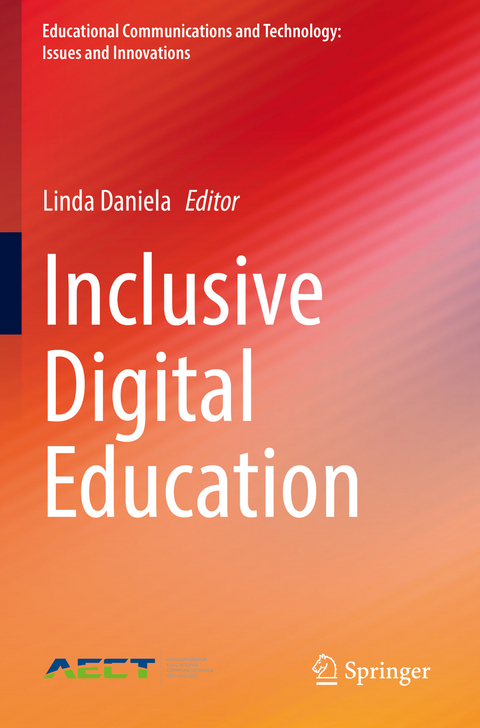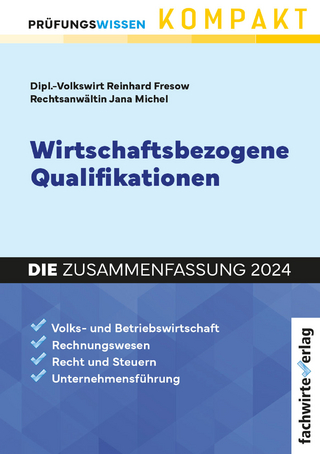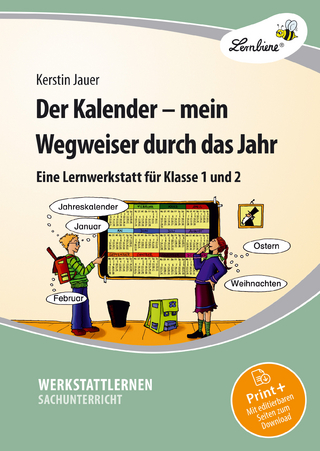
Inclusive Digital Education
Springer International Publishing (Verlag)
978-3-031-14777-7 (ISBN)
This book is about the promotion and development of digital solutions for inclusive education, including a variety of hardware, software, digital learning materials, and digital learning content currently available on the market. All of these technological solutions serve as support materials and building blocks for inclusive learning environments but, at the same time, can involve hidden risks which may inadvertently create even greater gaps in inclusive education. This book provides strategies and methodologies that promote the development of opportunities for using digital technologies to support inclusive education. It provides an, understanding how to close the current digital gap while ensuring that the digital technologies selected do not support new risks of exclusion from the digital learning environment, strengthening and augmenting the already existing digital divide.
lt;p>Prof. Linda Daniela is a dean of Faculty of Education, Psychology and Art at University of Latvia, Chair of the Council for PhD Defence in Educational Sciences at University of Latvia. She also serves as Expert in Education at the Council of Sciences of the Republic of Latvia.
Her expertise spans aspects of school education, Technology-enhanced learning (TEL), Educational technologies for learning, Educational robotics, Educational processes and solutions for reducing social exclusion from the educational processes.
Her main interests are connected with different aspects of technology-enhanced learning.
She has developed master study program "Technological innovations and design for education" where students learn how to organize technology enhanced learning, how to develop digital learning materials and how to research learning outcomes in TEL.Professor Daniela is an author and co-author of more than 90 publications about processes in all dimensions of education and more than 50 of them are devoted to different aspects of TEL.
Professor is also active in organizing conferences for teacher educators to develop a platform where researchers can share their ideas on innovative ideas on teaching and learning.
Introduction Linda Daniela.- Digital learning materials for inclusive education Linda Daniela.- Open Educational Resources for inclusive education TBC.- How to ensure inclusive digital learning space? Legislative perspective TBC.- Digital Education For Approaching The Affective Domain In Mathematics Learning Teresa F. Blanco, Alejandro Gorgal-Romarís, Cristina Núñez-García, Pablo G. Sequeiros (Spain).- Robotics in early school years to promote inclusion Filipe T. Moreira (Portugal).- Inquiry-based learning focused on inclusive education in programming of robots: challenges, experience and feedback of first cycle students Rasa Bruzgiene, Lina Narbutaite, Tomas Adomkus, Jurate Pauliute, Nadezda Kunicina (Lithuania, Latvia).- Design transmedia content for inclusive educational environments Polyxeni Kaimara, Ioannis Deliyannis, Andreas Oikonomou (Greece).- Student-centered active digital technologies for high-skills and giftedness students Scheila Aparecida Leal Dantas and Luciano Frontino de Medeiros (Brazil).- Vulnerable Children Digital Education during COVID-19 Pandemic: The Role of Social Work in Preventing the Widening of the Digital Gap Sona Kalenda, Alice Gojová, Ivana Kowaliková, Antonio López Peláez (Czech Republic, Spain).- Challenges to digital inclusion in the times of pandemic: the case of Austria Seyda Subasi Singh, Lisa-Katharina Moehlen (Austria).- Integrating digital pedagogies in the era of the inclusive education: needs analysis and use cases from the perspective of the visitor project Theodora K. Kouvara, Christoforos V. Karachristos, Stavroula A. Karasoula, Theofanis and methodologies Orphanoudakis, Maria Aristeidou, Alexis Lacapele, Berenger Dupont, Joe Batsi (Greece, UK, France, Belgium).- Detecting Biases in NLP Resources and Tools Relevant to Education Mevlüt Bagci, Alexander Mehler (Austria).- Scales of Inclusion in a Vertically Integrated Program for Community Focused Interactive Experiences Joshua A. Fisher, Lauren Liss (USA).- New configurations of inclusive education: contributions of Brazilian edtechs to accessibility and inclusion Marilene Santana dos Santos Garcia, Andrea Filatro (Brazil).- A Step Further in Digital Divide: Information and Strategic Skills of the Academy Nur Samancioglu, Silvia Nuere, Laura de Miguel Álvarez, Esperanza Macarena, Ruiz Gómez (Spain).- Towards an inclusive digital learning environment in higher education: opportunities and limitations from students' remote learning experience Sanita Baranova, Dita Nimante, Daiga Kalni a (Latvia).- HE students' training towards inclusion; VR introduces SAR technologies for digital.- inclusion Sofia Pliasa, Lefkothea Kartasidou, Nikolaos Fachantidis (Greece).- Reconstruction of the phenomenon of social inclusion within digital-based learning in academia - voices from Europe Joanna Leek, Anna Jarkiewicz (Poland).- The use of psychogeography and digital technologies to tackle early school leaving risks in the Pedagogical Sufficiency Program of the Audio& Visual Arts department of the Ionian University Agnes Papadopoulou, Iakovos Panagopoulos (Greece).- Breaking the digital gender gap with inclusive digital education Gema de Pablo González, Mariano Sanz Prieto (Spain).- The challenges of digital education and language during the covid-19 pandemic for Srian refugees in turkey Isabella Chiari (Italy).- E-sports. The new frontier. An opportunity for inclusivity in total engagement Patrick Camilleri (Malta).- An Overview of Games for People with Intellectual Disabilities Matthew Harris, Pratik Vyas, David Brown, Penny Standen (UK).
| Erscheinungsdatum | 27.10.2023 |
|---|---|
| Reihe/Serie | Educational Communications and Technology: Issues and Innovations |
| Zusatzinfo | XII, 313 p. 90 illus., 81 illus. in color. |
| Verlagsort | Cham |
| Sprache | englisch |
| Maße | 155 x 235 mm |
| Gewicht | 504 g |
| Themenwelt | Schulbuch / Wörterbuch ► Unterrichtsvorbereitung ► Unterrichts-Handreichungen |
| Sozialwissenschaften ► Pädagogik ► Didaktik | |
| Sozialwissenschaften ► Pädagogik ► Schulpädagogik / Grundschule | |
| Schlagworte | assistive technologies • Digital education • Inclusive digital environment • knowledge sustainability • Smart Pedagogy |
| ISBN-10 | 3-031-14777-4 / 3031147774 |
| ISBN-13 | 978-3-031-14777-7 / 9783031147777 |
| Zustand | Neuware |
| Haben Sie eine Frage zum Produkt? |
aus dem Bereich


